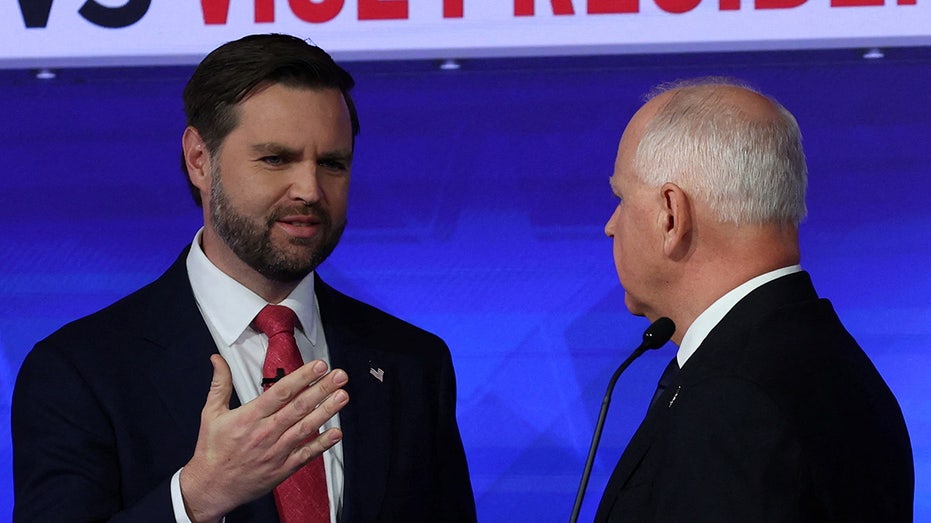National Grid set to earn windfall from Electricity System Operator sale
National Grid has said it expects to earn roughly £70m more than previously anticipated from its Electricity System Operator (ESO), which it sold to the government last month.


National Grid has said it expects to earn roughly £70m more than previously anticipated from the sale of its Electricity System Operator (ESO), which it sold to the government last month.
The FTSE 100 utility said in a trading update that it expected an additional contribution to its half-year operating profit from the ESO due to “ownership and held for sale accounting treatment up to 30 September 2024”.
The government bought the ESO last month for £630m, paving the way for the division to transition into public ownership for the first time since the 1990s.
The transaction was completed on Tuesday when the government launched the National Energy System Operator (NESO).
National Grid’s ESO operates the control room, balancing power supply and demand in real-time.
Its sale came after the passage of the Energy Act in October 2023, which enabled the ESO to become a public corporation acting as the UK’s independent system operator and planner.
Fintan Slye, NESO’s chief executive, said on Tuesday that the corporation would: “Sit at the heart of the energy industry, ensuring that a holistic, whole system approach is taken in delivering decarbonisation across energy, heating, transport and beyond in order to deliver net-zero”.
National Grid operates energy networks on both sides of the Atlantic and earns the majority of its revenue from regulated settlements levied on energy bills.
The firm added in its update that it was on track to report half-year results, due on 7 November, in line with its expectations.
National Grid said that, as usual, it expected its underlying earnings per share to be weighted to the second half of the year, given the increased demand for electricity and gas during the colder months.
In May, National Grid announced a £7bn capital raise as part of efforts to double its capital spending over the five years to March 2029, ultimately expected to amount to £60bn.
The announcement came alongside a set of full-year results in which the firm declared operating profit dipped eight per cent to £4.5bn, which it attributed to “non-cash exceptional charges.”



